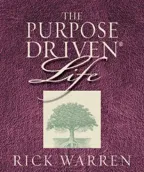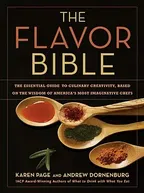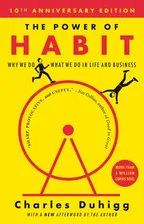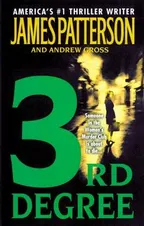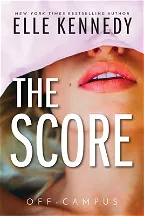Jane Austen and Discourses of Feminism (1995)Hardcover - 1995, 12 October 1995
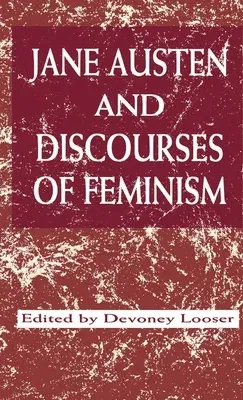
Qty
1
Turbo
Ships in 2 - 3 days
In Stock
Free Delivery
Cash on Delivery
15 Days
Free Returns
Secure Checkout

Print Length
197 pages
Language
English
Publisher
Palgrave MacMillan
Date Published
12 Oct 1995
ISBN-10
0312123671
ISBN-13
9780312123673
Popular Books
Ships in 7h 59m 45s
Description
Product Details
Book Edition:
1995
Book Format:
Hardcover
Country of Origin:
US
Date Published:
12 October 1995
Dimensions:
22.56 x
14.78 x
1.88 cm
ISBN-10:
0312123671
ISBN-13:
9780312123673
Language:
English
Location:
New York
Pages:
197
Publisher:
Weight:
439.98 gm

